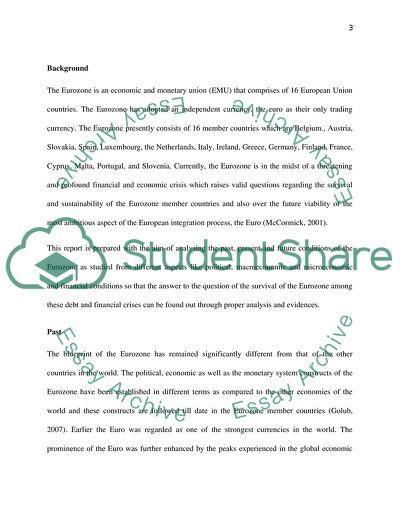Cite this document
(Can the Eurozone survive Coursework Example | Topics and Well Written Essays - 2000 words, n.d.)
Can the Eurozone survive Coursework Example | Topics and Well Written Essays - 2000 words. https://studentshare.org/macro-microeconomics/1879373-can-the-eurozone-survive
Can the Eurozone survive Coursework Example | Topics and Well Written Essays - 2000 words. https://studentshare.org/macro-microeconomics/1879373-can-the-eurozone-survive
(Can the Eurozone Survive Coursework Example | Topics and Well Written Essays - 2000 Words)
Can the Eurozone Survive Coursework Example | Topics and Well Written Essays - 2000 Words. https://studentshare.org/macro-microeconomics/1879373-can-the-eurozone-survive.
Can the Eurozone Survive Coursework Example | Topics and Well Written Essays - 2000 Words. https://studentshare.org/macro-microeconomics/1879373-can-the-eurozone-survive.
“Can the Eurozone Survive Coursework Example | Topics and Well Written Essays - 2000 Words”. https://studentshare.org/macro-microeconomics/1879373-can-the-eurozone-survive.


